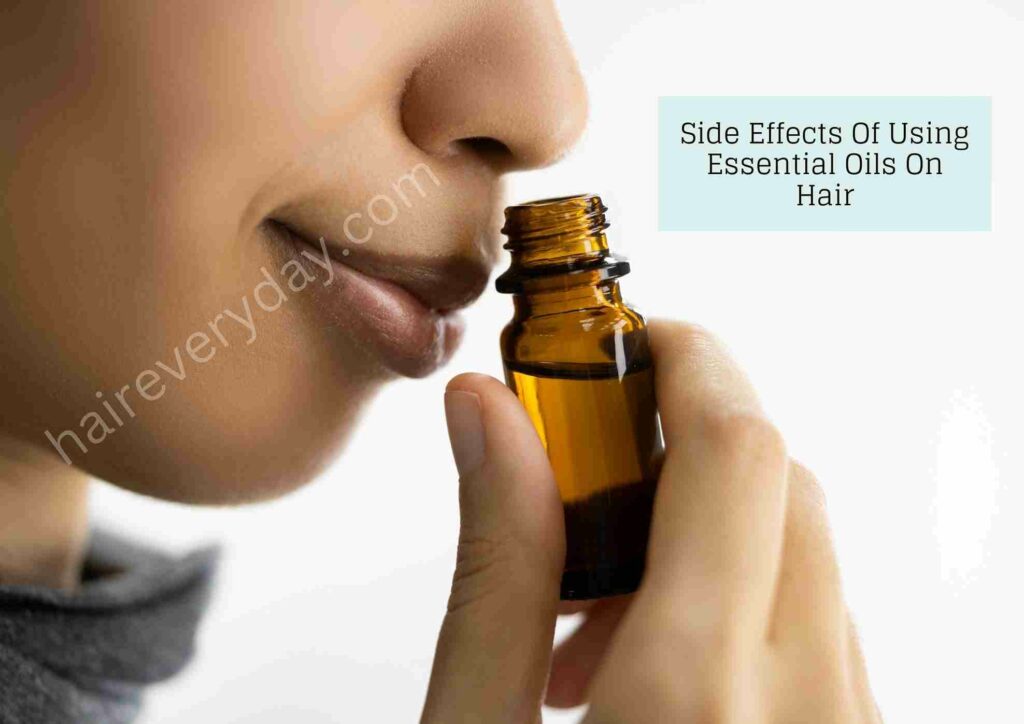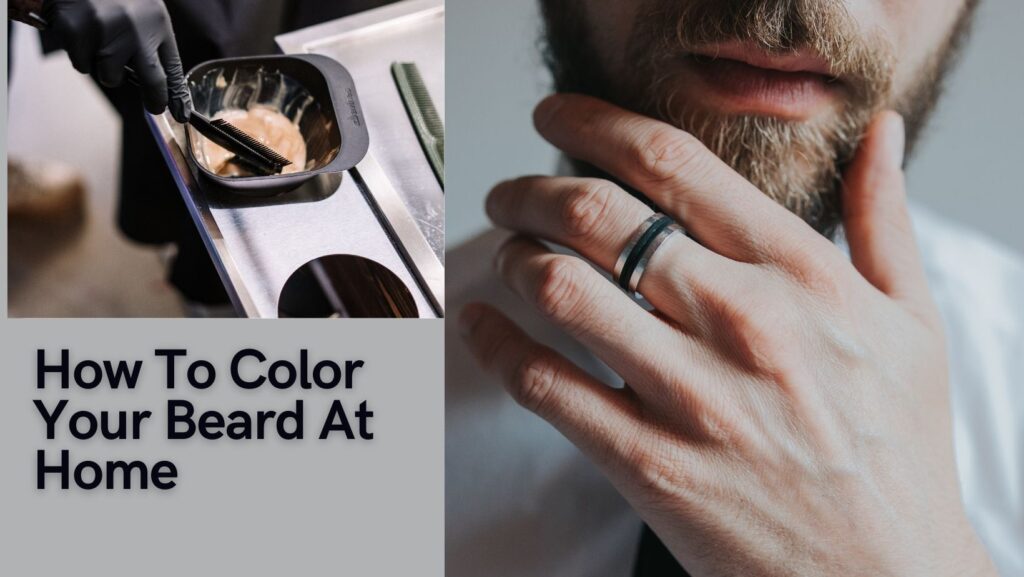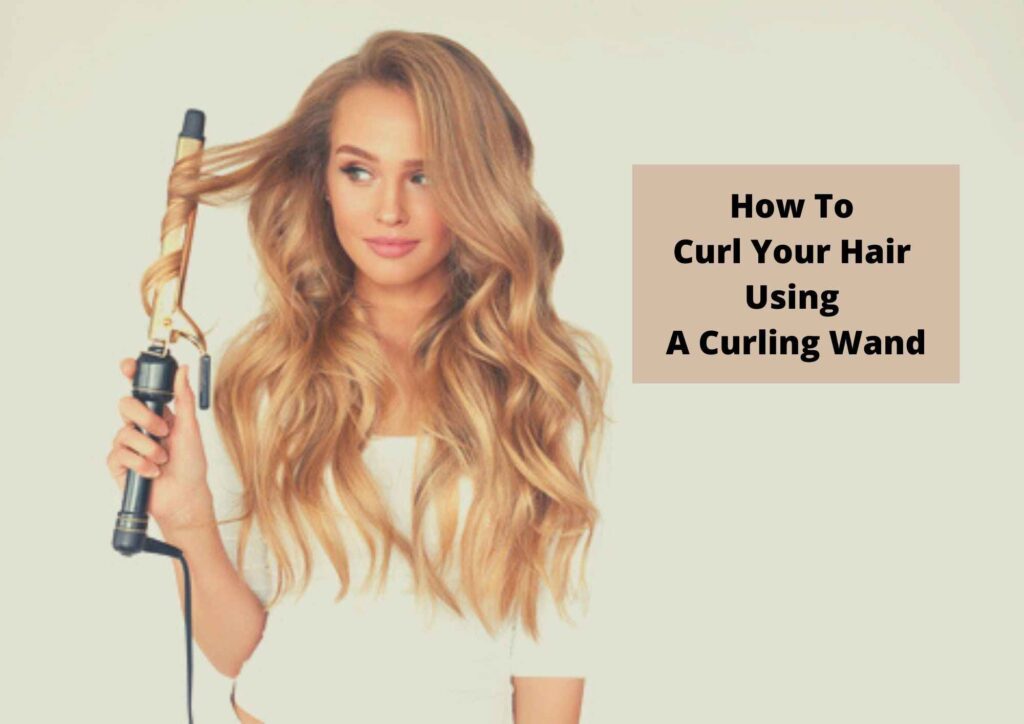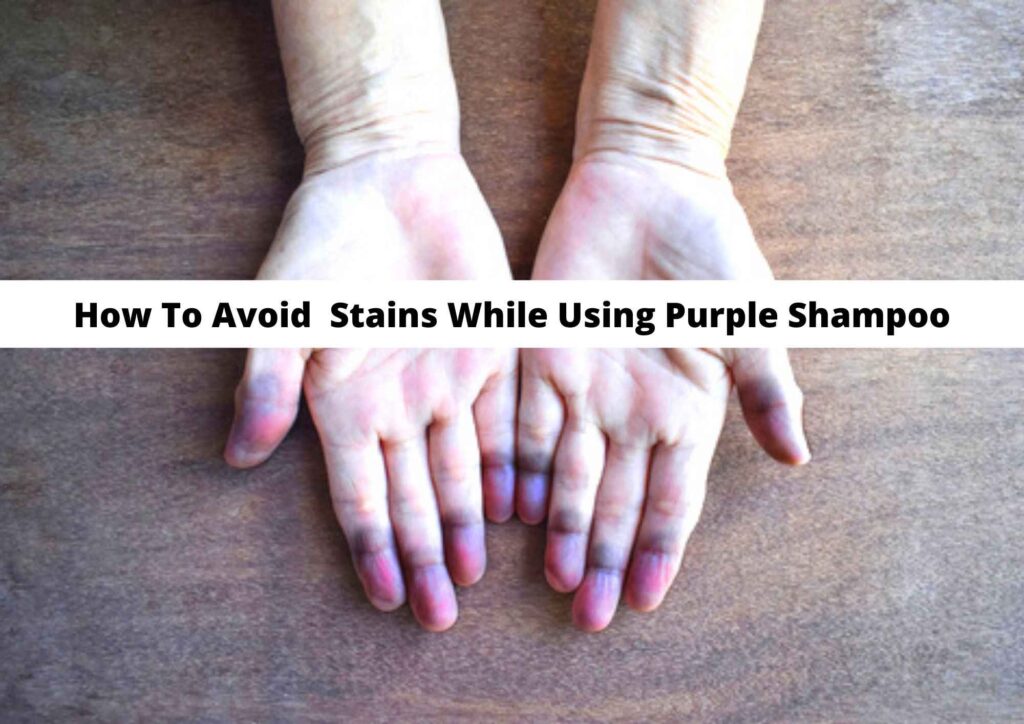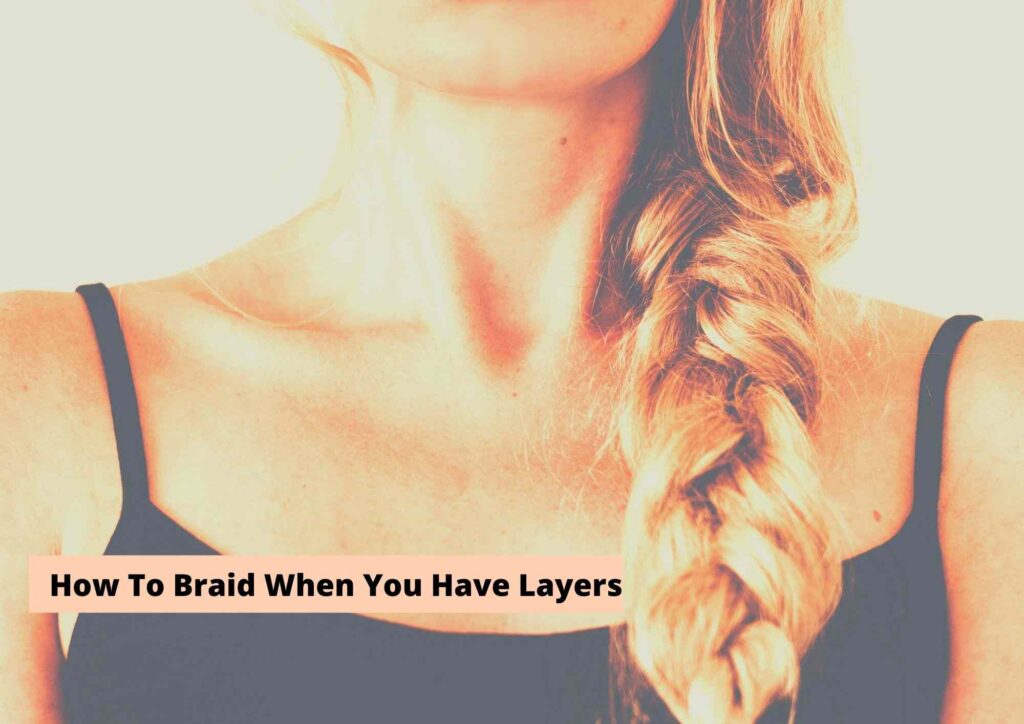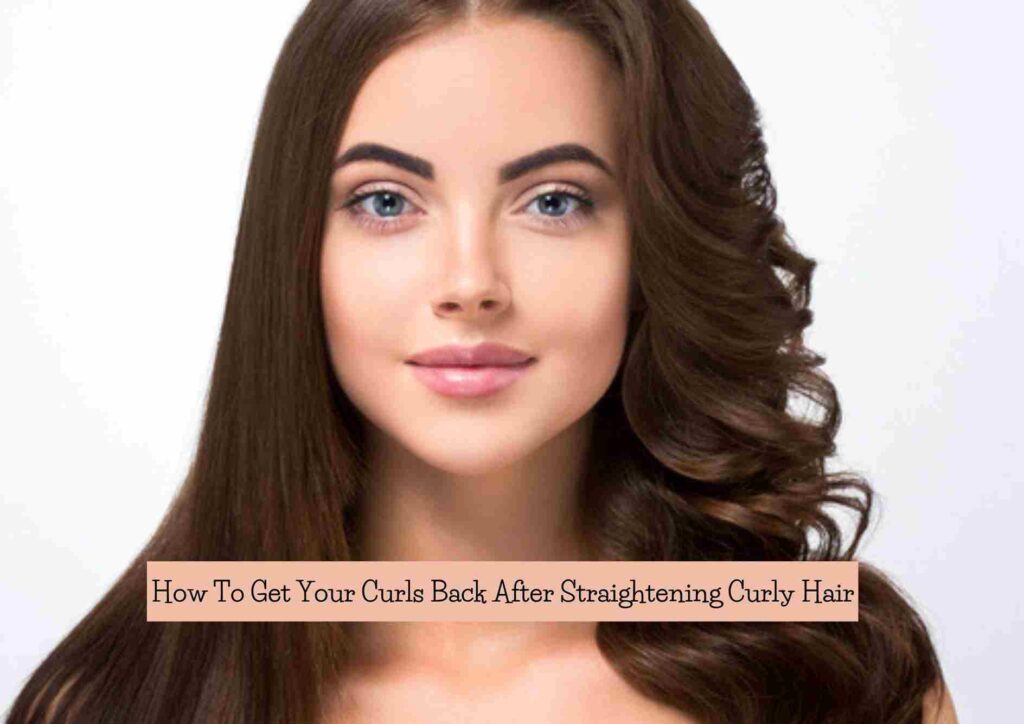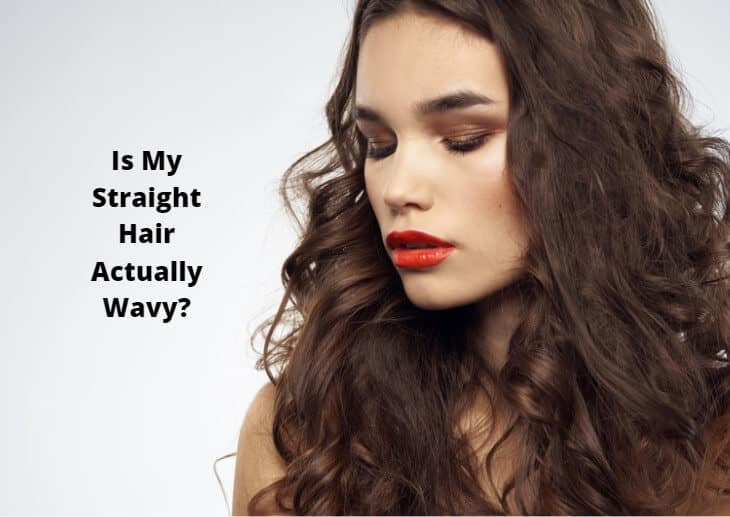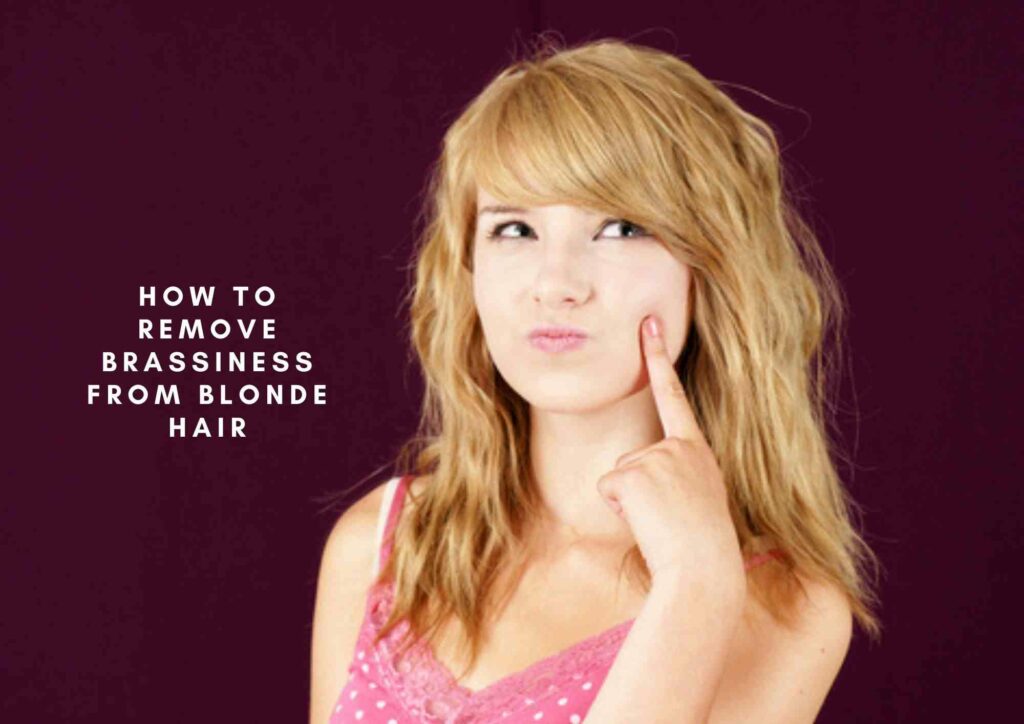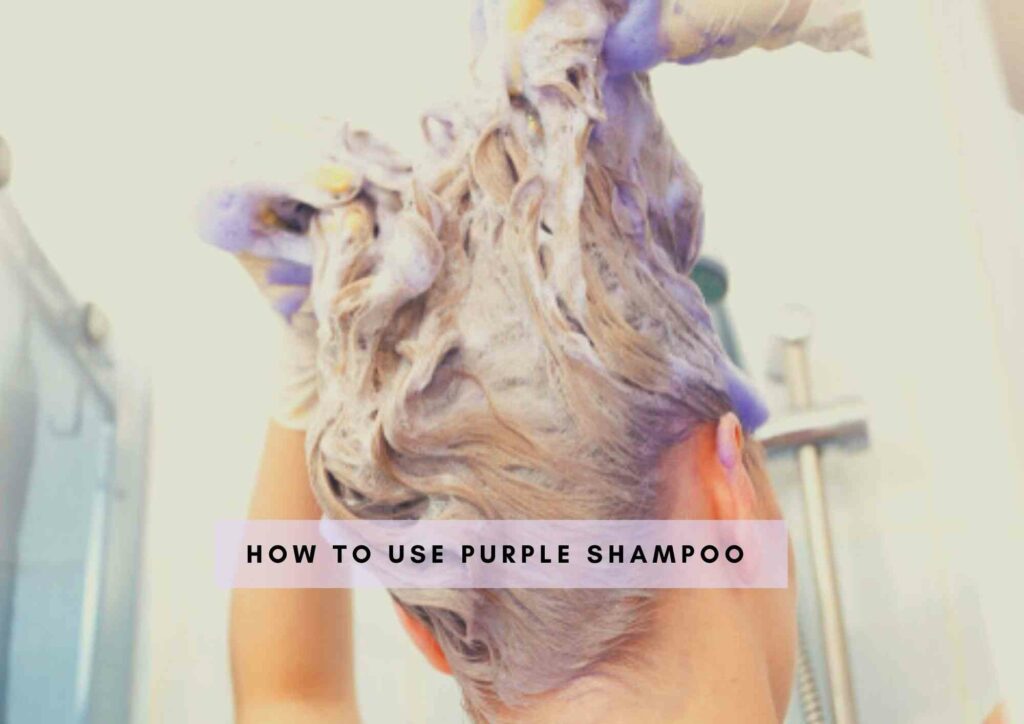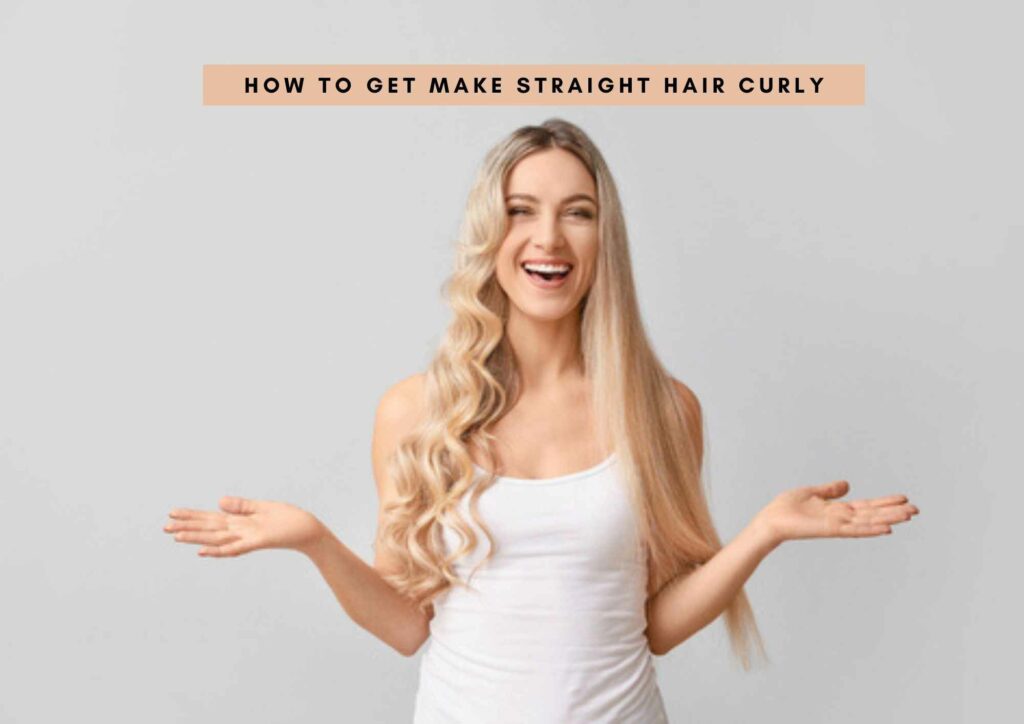Side effects of using essential oils on hair: Discover potential adverse effects of incorporating essential oils into your hair care routine. Learn about precautions, allergic reactions, and best practices for safe and effective usage.
Are you aware of the potential side effects of using essential oils on your hair?
Discover the truth about these popular hair care products and the potential risks they may pose.
From understanding why essential oils are used on hair to the specific side effects of rosemary oil, we delve into the topic with an informative tone.
Learn how to safely incorporate essential oils into your hair care routine without causing damage or harm to your scalp.
Find out which essential oils you should avoid using on your hair and get expert tips on how to use these oils effectively for optimal hair health.
Side Effects Of Using Essential Oils On Hair
- While essential oils can offer benefits such as promoting hair growth and improving scalp health, they can also cause adverse effects. Some individuals may experience allergic reactions, including scalp irritation, redness, or itching when using certain essential oils.
- Additionally, certain essential oils may be too potent and can lead to dryness or excessive oiliness, depending on the individual’s hair type.
- It is crucial to understand which essential oils are not suitable for use on the scalp, as they can cause more harm than good.
- Therefore, it is recommended to carefully research and consult with experts to ensure the safe and effective use of essential oils for optimal hair health.
1. Scalp Irritation:
Essential oils are highly concentrated extracts from plants, and some individuals may experience scalp irritation, redness, or itching when using them. This is often due to the potency of the oil and its direct contact with the sensitive scalp.
Always dilute essential oils with a carrier oil, such as coconut oil, jojoba oil, or almond oil, before applying them to the scalp. A recommended dilution ratio is typically 2-3 drops of essential oil per tablespoon of carrier oil. Perform a patch test on a small area of your skin to check for any adverse reactions before applying the diluted mixture to your scalp.

2. Allergic Reactions:
Allergic reactions to essential oils can manifest as redness, itching, swelling, or even hives. Some individuals may have sensitivities to certain compounds present in essential oils, leading to an allergic response.
It’s crucial to do a patch test before applying any essential oil to your scalp or hair. Apply a small amount of diluted essential oil to your inner forearm and monitor the area for 24 hours. If no adverse reactions occur, the oil is likely safe for use. Additionally, avoid essential oils if you have known allergies to specific plants or substances.
3. Hair Dryness and Brittle Hair:
Essential oils can have a drying effect on hair, especially if applied in excessive amounts or used without a carrier oil. Some oils, when used without proper dilution, can strip the hair of its natural oils, leading to dryness, frizz, and brittleness.
Always dilute essential oils with a carrier oil before applying them to your hair. This helps prevent excessive dryness and ensures that the oils are spread evenly. Focus the application on the scalp and hair roots rather than the entire length of the hair.
4. Photosensitivity:
Certain essential oils, particularly citrus oils like bergamot, lemon, and orange, can increase the skin’s sensitivity to sunlight. This can lead to sunburn or skin discoloration when exposed to UV rays.
If you plan to go out in the sun after using essential oils, avoid applying photosensitive oils to your hair and scalp. If you do use them, make sure to cover your head with a hat or scarf to protect your scalp and hair from direct sunlight.

5. Overstimulation of Oil Production:
Using essential oils excessively or too frequently on the scalp can lead to overstimulation of the sebaceous glands, which produce natural oils. This can result in an oily scalp, clogged hair follicles, and an increased risk of dandruff.
Use essential oils in moderation and adhere to recommended dilution ratios. Aim for weekly or bi-weekly applications rather than daily use. If you notice an increase in scalp oiliness or discomfort, discontinue use or reduce the frequency of application.
6. Respiratory Sensitivity:
Inhaling strong essential oil aromas directly from the bottle or during application can trigger respiratory sensitivities, allergies, or headaches in some individuals.
When using essential oils, ensure proper ventilation in the room. Avoid inhaling the aroma directly from the bottle or your hands. If you have a history of respiratory sensitivities, consider using essential oils through methods that minimize direct inhalation, such as adding a few drops to your shampoo or conditioner.
7. Interaction with Medications:
Essential oils contain active compounds that may interact with certain medications. Some oils can enhance the effects of blood thinners or interfere with medications metabolized by the liver.
If you are taking any medications, consult with your healthcare provider before using essential oils on your hair or scalp. They can provide guidance on potential interactions and whether it’s safe to use specific oils.
8. Eye Irritation:
Essential oils can cause eye irritation if they accidentally come into contact with your eyes. This can lead to redness, watering, and discomfort.
When applying essential oils to your hair, be cautious not to let the mixture come into contact with your eyes. Wash your hands thoroughly after application, and if any oil does get in your eyes, rinse them with clean water immediately.
Related: Can I Mix Essential Oils In Hair Dye
Related: Natural Essential Oils To Stop Hair Fall And Promote New Growth
What Are Essential Oils And Why Are They Used On Hair
Essential oils are natural extracts derived from plants, flowers, or fruits. They are highly concentrated with volatile compounds that give them distinctive aromas and therapeutic properties.
When it comes to hair care, essential oils are often used to nourish the scalp, promote hair growth, and improve overall hair health.
These oils are infused with vitamins, antioxidants, and other beneficial substances that can help address various hair concerns. Some essential oils, like rosemary oil, have been specifically studied for their potential to stimulate hair follicles and prevent hair loss.
By using essential oils, individuals aim to enhance the condition, appearance, and strength of their hair. However, it is crucial to note that essential oils should be used with caution and proper dilution, as they can also have adverse effects if used incorrectly.
It is recommended to seek professional advice and conduct thorough research to ensure the safe and effective utilization of essential oils for hair care.
If you want to improve both hair thickness and hair growth, Rosemary essential oil is a great choice thanks to its ability to improve cellular generation. It performed as well as minoxidil, a common hair growth treatment, but with less scalp itching as a side effect. #haircare pic.twitter.com/x2uCsyH8j9
— Phamox Naturals (@PhamoxN) February 22, 2019
Can Rosemary Oil Cause Hair Loss
Rosemary oil is a popular essential oil that is often used for its potential to promote hair growth and prevent hair loss. While there is some research suggesting its effectiveness in stimulating hair follicles, it is important to understand the potential risks associated with using rosemary oil on the hair.
Some individuals have reported experiencing adverse effects when using rosemary oil, including scalp irritation, redness, or itching. This could be due to an allergic reaction or sensitivity to the oil. Additionally, using rosemary oil in its undiluted form or in high concentrations can lead to dryness of the scalp, which may result in hair breakage.
It is essential to properly dilute rosemary oil before use and conduct a patch test on a small area of the scalp to check for any adverse reactions. If any irritation or discomfort occurs, it is recommended to discontinue use.
While rosemary oil may have potential benefits for hair health, it is crucial to use it cautiously and consult with experts to ensure its safe and effective use for optimal hair care.

The Top Rosemary Oil Side Effects
Rosemary oil, although known for its potential to promote hair growth, can have several side effects. It is essential to be aware of these potential risks before incorporating it into your hair care routine.
Some individuals may experience scalp irritation, redness, or itching when using rosemary oil. This could be due to an allergic reaction or sensitivity to the oil. It is also important to note that using rosemary oil in its undiluted form or in high concentrations can lead to scalp dryness, which may result in hair breakage.
To mitigate these side effects, it is crucial to properly dilute the rosemary oil before use and conduct a patch test on a small area of the scalp to check for any adverse reactions.
If any irritation or discomfort occurs, it is recommended to discontinue use. While rosemary oil may have potential benefits for hair health, it is important to use it cautiously and seek professional advice for safe and effective use.
How To Use Essential Oils For Hair Without Hurting Hair Or Scalp
To safely use essential oils for hair without causing harm to your hair or scalp, there are a few important guidelines to follow. First, always dilute the essential oil with a carrier oil before applying it to your hair or scalp. This helps to prevent any potential irritation or sensitization reactions.
Second, conduct a patch test before applying the essential oil to your entire scalp. Apply a small amount of diluted oil to a small area of your scalp and wait for 24 hours to see if any adverse reactions occur. If you experience any redness, itching, or discomfort, discontinue use immediately.
Third, avoid using essential oils directly on your scalp without dilution. This can lead to dryness, irritation, or even hair breakage. Always use a carrier oil to dilute the essential oil before application.
Fourth, use essential oils sparingly. A little goes a long way, and using too much can lead to oily or greasy hair. Start with a small amount and gradually increase as needed.
Finally, it’s important to do your research and consult with experts before using essential oils on your hair. Different oils have different properties and effects, so it’s best to understand which ones are suitable for your hair type and concerns.
By following these guidelines, you can safely incorporate essential oils into your hair care routine and enjoy their benefits without causing damage or harm to your hair or scalp.
What Are Some Essential Oils That You Shouldn’t Use On Hair On Scalp
Some essential oils should be avoided when it comes to using them on the hair and scalp. These oils can have adverse effects and may cause more harm than good. One such oil is tea tree oil, which is known for its antifungal and antibacterial properties.
However, using tea tree oil directly on the scalp can cause irritation and dryness, leading to discomfort and potential hair breakage. Another oil to be cautious of is peppermint oil, which may cause a tingling or cooling sensation on the scalp.
While this can feel refreshing, it can also be too strong for some individuals and may cause irritation or sensitivity. Additionally, citrus oils like lemon or orange oil can be too harsh for the scalp, leading to dryness and potential damage.
It is important to carefully choose and use essential oils that are safe and suitable for your hair type and scalp condition. Consulting with experts and conducting thorough research can help ensure the proper use and effectiveness of essential oils for your hair care routine.

What Happens If I Use An Essential Oil On My Scalp Directly
Using an essential oil directly on your scalp can have negative consequences for your hair and overall scalp health. One of the main issues is that essential oils in their concentrated form can be too harsh and cause irritation or sensitivity on the scalp.
This can lead to discomfort, itching, and redness. Additionally, applying essential oils directly without dilution can cause dryness of the scalp, which may result in hair breakage.
Essential oils are potent and should always be diluted with a carrier oil before use on the scalp. This helps to prevent any unwanted side effects and ensures that the oil is gentle and safe for your scalp.
It is also important to conduct a patch test on a small area of your scalp before applying the oil to your entire head. This helps you identify any potential adverse reactions and allows you to adjust accordingly.
To avoid any potential harm, it is crucial to follow proper guidelines when using essential oils on your scalp. Dilution, patch testing, and seeking professional advice are key to safely incorporating essential oils into your hair care routine.
How To Safely Use Essential Oils In Your Hair Care Routine
To safely incorporate essential oils into your haircare routine without causing any damage, here are five essential tips to consider:
1. Dilute with a carrier oil: Before applying any essential oil to your hair or scalp, it is crucial to dilute it with a carrier oil. This helps to prevent any potential irritation or sensitization reactions, ensuring a gentle and safe application.
2. Perform a patch test: Prior to using any essential oil on your entire scalp, conduct a patch test on a small area of your scalp. Apply a small amount of diluted oil and wait for 24 hours to check for any adverse reactions such as redness, itching, or discomfort. If any irritation occurs, discontinue use immediately.
3. Avoid direct application: Never apply essential oils directly to your scalp without dilution. This can lead to scalp dryness, irritation, and even hair breakage. Always use a carrier oil to dilute the essential oil before application.
4. Use sparingly: Remember that a little goes a long way with essential oils. Using too much can lead to oily or greasy hair. Start with a small amount and gradually increase as needed to avoid any negative effects.
5. Seek professional advice: It is essential to do your research and consult with experts before incorporating essential oils into your haircare routine. Different oils have varying properties and effects, so it’s best to understand which oils are suitable for your hair type and concerns.
By following these tips, you can safely and effectively use essential oils in your haircare routine without causing any damage or harm to your hair or scalp.
To sum it all up…
When using essential oils on your hair, it is important to be aware of the potential side effects.
Although essential oils can offer numerous benefits for hair health, such as promoting growth and preventing dandruff, some oils like rosemary oil should be used with caution as they can cause hair loss.
It is crucial to understand the top side effects associated with rosemary oil and know which essential oils should not be used directly on the scalp.
If used incorrectly, essential oils can lead to scalp irritation, dry hair, and even allergic reactions.
To safely incorporate essential oils into your haircare routine, follow these five tips: dilute the oils, perform a patch test, avoid using oils directly on the scalp, limit the frequency of application, and choose high-quality oils.
By following these guidelines, you can enjoy the benefits of essential oils without causing any damage to your hair or scalp.
Why You Should Trust Haireveryday?
The author of this article, Leah Marie Priest has a degree in Cosmetology with years of experience in dealing with hair care, scalp care, and hairstyling. As someone who extensively deals with all kinds of hair textures, products, styling methods and more, hair Leah Marie knows what kind of products and procedures suit each hair type and person. We have also tested these hair products and processes ourselves to provide you an unbiased review about every product. Each of our articles are also reviewed by a team of medical professionals so that you get the most accurate and expert-reviewed information.
Also Read:
Important Side Effects Of Using Rosemary Water On Hair
To Summarize

